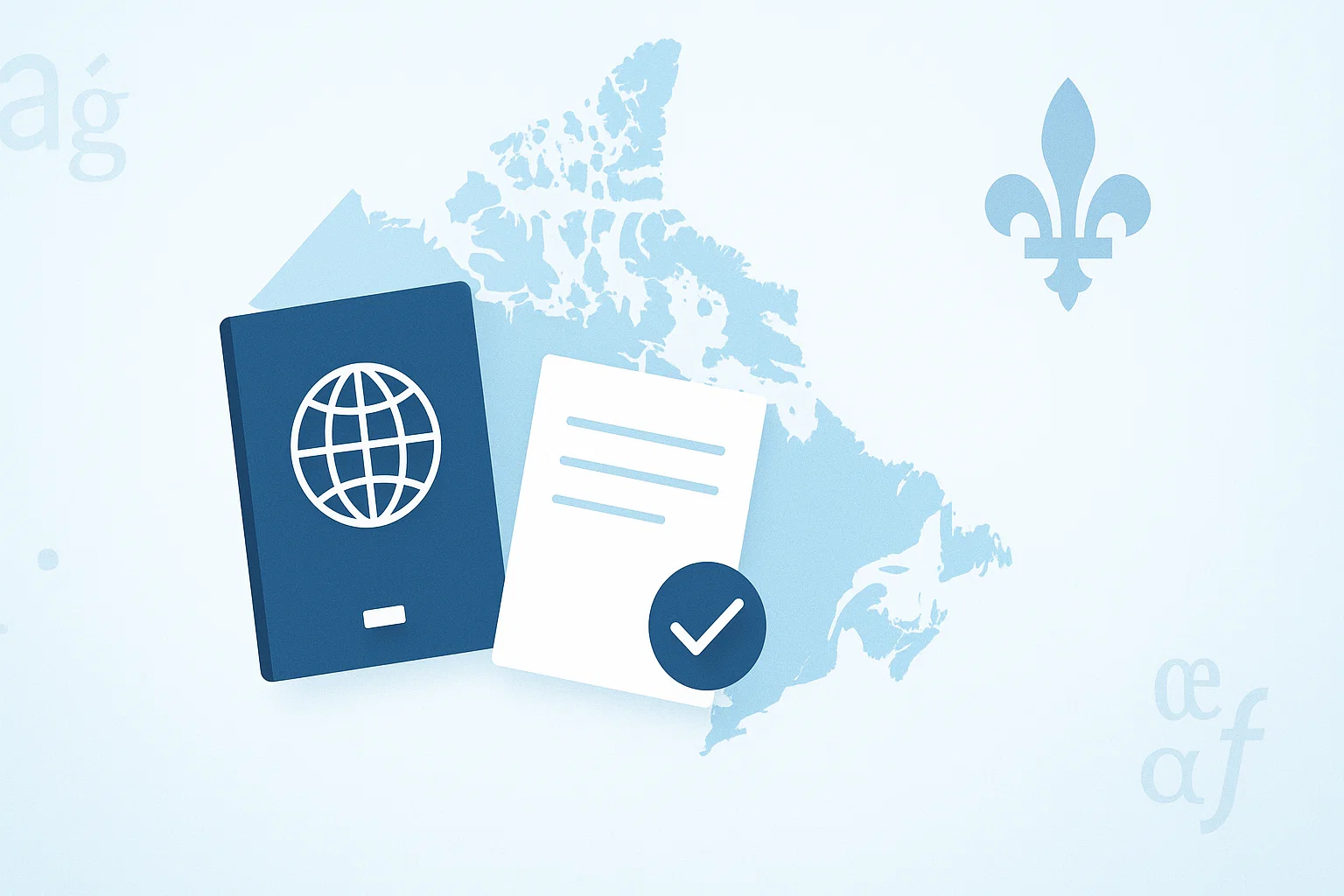The Canadian federal government has once again tightened its policy on temporary foreign workers, sending a clear regulatory signal to the job market. According to the latest guidance issued by Employment and Social Development Canada (ESDC) on July 11, a total of 26 Census Metropolitan Areas (CMAs) will suspend the processing of "low-wage stream" Labour Market Impact Assessment (LMIA) applications.
This policy adjustment is based on a 2024 federal government decision to stop processing low-wage stream LMIAs in any CMA with an unemployment rate of 6% or higher. An LMIA is a crucial document that Canadian employers must obtain to prove they have made efforts to hire locally before recruiting a foreign worker, and it is essential for most temporary work permit applications and renewals.
Affected Regions Expand, Core Cities Included
Compared to the previous quarter (April 4 to July 10), when 24 regions were listed, the restricted list has now grown to 26, indicating that parts of Canada's labour market are facing increased pressure. Notably, nearly all of Canada's major economic and immigration hubs are included:
- Ontario: 12 cities including Toronto (8.9% unemployment), Ottawa (6.4%), Hamilton (6.6%), Kitchener-Cambridge-Waterloo (6.9%), London (6.9%), and Windsor (11%).
- British Columbia: 5 cities including Vancouver (6.3%), Nanaimo (near Victoria) (7.3%), and Kamloops (8.7%).
- Alberta: Calgary (7.3%) and Edmonton (7.6%).
- Quebec: Montréal (6.9%).
- Atlantic Provinces: Multiple cities including Halifax (6.2%) and Saint John (7.4%).
This list will remain in effect until at least the next quarterly update, expected on October 10, 2024. During this period, employers in these 26 regions will be unable to get new LMIAs approved for low-wage positions.
Some Regions Regain Eligibility in Dynamic List
Despite the overall tightening trend, some regions have been removed from the restriction list as their unemployment rates have fallen below 6%. These include Drummondville, Quebec; Guelph, Ontario; Kelowna, British Columbia; and Red Deer, Alberta. Employers in these areas have been able to resume submitting LMIA applications for low-wage positions as of July 11. This demonstrates the dynamic nature of the policy, which is closely tied to local economic conditions.
How to Define "Low-Wage" and Determine if You Are Affected
Whether a position falls into the "low-wage" or "high-wage" stream depends on whether its hourly wage is below or above the median hourly wage for that province or territory. ESDC regularly updates these wage thresholds. If an employer's offered wage is below the provincial standard, they must apply through the "low-wage stream" and are therefore subject to this suspension.
Potential applicants and employers can follow these steps to confirm if their work location is in an affected CMA:
- Visit the Statistics Canada Census Program website.
- Enter the full postal code of the work location.
- On the search results page, find the section labeled "Census metropolitan area / Census agglomeration" to identify the name of the CMA.
- Check this CMA name against the published list of 26 restricted regions.
Facing Difficulties? Strategies for Applicants and Employers
For low-wage workers whose job or job offer is in one of the restricted areas, there are still some options available:
- Increase the Wage: Negotiate with the employer to raise the wage to or above the provincial median hourly wage, allowing them to apply under the "high-wage stream," which is not subject to this policy.
- Wait Patiently: Wait for the next quarterly list update in three months, hoping the unemployment rate in the region will have decreased.
- Change Location: Focus job search efforts on CMAs or other regions not included in the restricted list.
- Seek an Exempt Occupation: Look for a job in an exempt sector. Currently, certain occupations are exempt from this measure, including those in primary agriculture, construction, food manufacturing, hospitals, nursing and residential care facilities, and in-home care.
Important Reminders Regarding Immigration Status
For workers currently on a low-wage stream work permit who cannot renew it due to the new rules, they must stop working once their current permit expires.
However, if a worker applied to extend or change their permit before it expired, they will have "maintained status." This allows them to legally remain in Canada and continue working under the same conditions until Immigration, Refugees and Citizenship Canada (IRCC) makes a final decision on their application.
Furthermore, workers on a closed (employer-specific) work permit who lose their job may be able to use a temporary public policy from the COVID-19 era. This policy allows them to apply for authorization from IRCC to start working for a new employer before a new work permit is formally issued. If a job cannot be found immediately, individuals who lose their legal status can apply for a visitor record to remain in Canada legally as a visitor.









